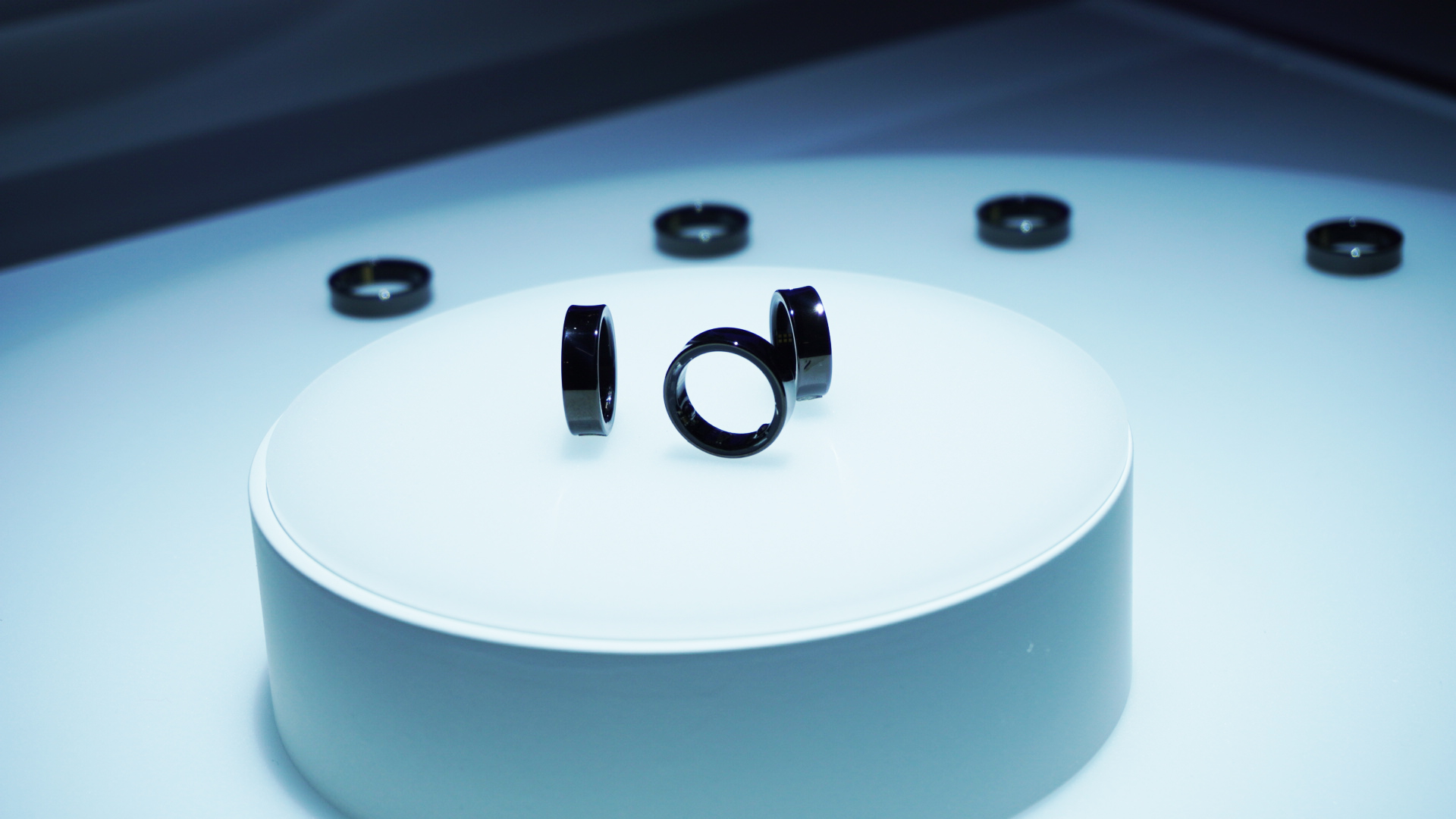
As everybody who's watched The Lord of the Rings knows, rings can bring a lot of trouble. And it looks like Samsung is expecting some when it launches the Samsung Galaxy Ring, which we now know is intended to launch in August 2024. The culprit here isn't Sauron, however: it's rival wearable maker Oura.
The launch date has been revealed in a new US court filing by Samsung, as reported by Bloomberg Law. The report says that Samsung is seeking a legal judgement in advance of the Samsung Galaxy Ring release because it's expecting a lawsuit. The judgement it wants would declare that the Samsung Galaxy Ring doesn't infringe five of Oura's patents which, according to Samsung, cover "features common to virtually all smart rings".
Why Samsung's making a pre-emptive strike
According to Samsung, Oura has a "declared strategy of asserting infringement against all entrants into the smart ring market". That strategy is an "imminent risk to Samsung and the sale of its Galaxy Ring product", and Samsung is seeking a judgement in advance of its product launch: it says that "Samsung will be selling the Galaxy Ring in the United States in or around August."
What Samsung is trying to do here is a pre-emptive strike against Oura, which it believes will try to argue that the Samsung Galaxy Ring infringes its intellectual property – claims it has made towards other wearables including Circular, Ultrahuman and RingConn. The features Samsung says are common to virtually all smart rings are sensors, electronic components, batteries and scoring based on sensor-based metrics.
Samsung is probably right to anticipate nastygrams. When the Galaxy Ring was announced, many tech publishers received a statement from Oura talking about how many patents and pending patents it had; Oura CEO Tom Hale also told CNBC that the firm would be paying close attention to the Galaxy Ring and would "take the action that's appropriate".
Given Samsung's sheer scale and market power, it's clear that the Galaxy Ring is a serious threat to Oura's business – and if Samsung prevails, it'll set a precedent that could benefit smaller wearable firms too.







